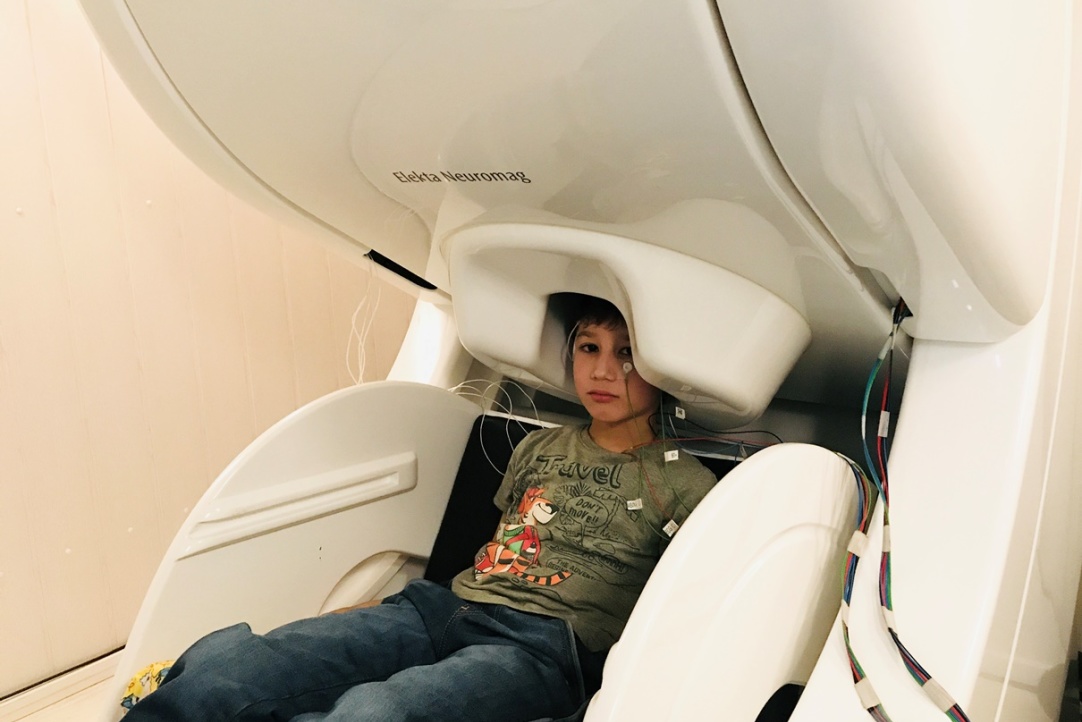
Tag "brain activity"




A team of researchers from Russia, Germany and the USA have identified the mechanisms that form the basis for the impact of the brain’s current state on sensory processing. The results of the study were published in the paper ‘Multiple Mechanisms Link Prestimulus Neural Oscillations to Sensory Responses’ in eLIFE.
Luca Iemi from HSE University, jointly with Niko A Busch from Westfälische Wilhelms-Universität, have found that the state of excitability of the brain — indexed byspontaneous neural oscillations - biases a person’s subjective perceptual experience, rather than their decision-making strategy. The findings will be published in eNeurounder the title ‘Moment-to-moment fluctuations in neuronal excitability bias subjective perception rather than decision-making’.
